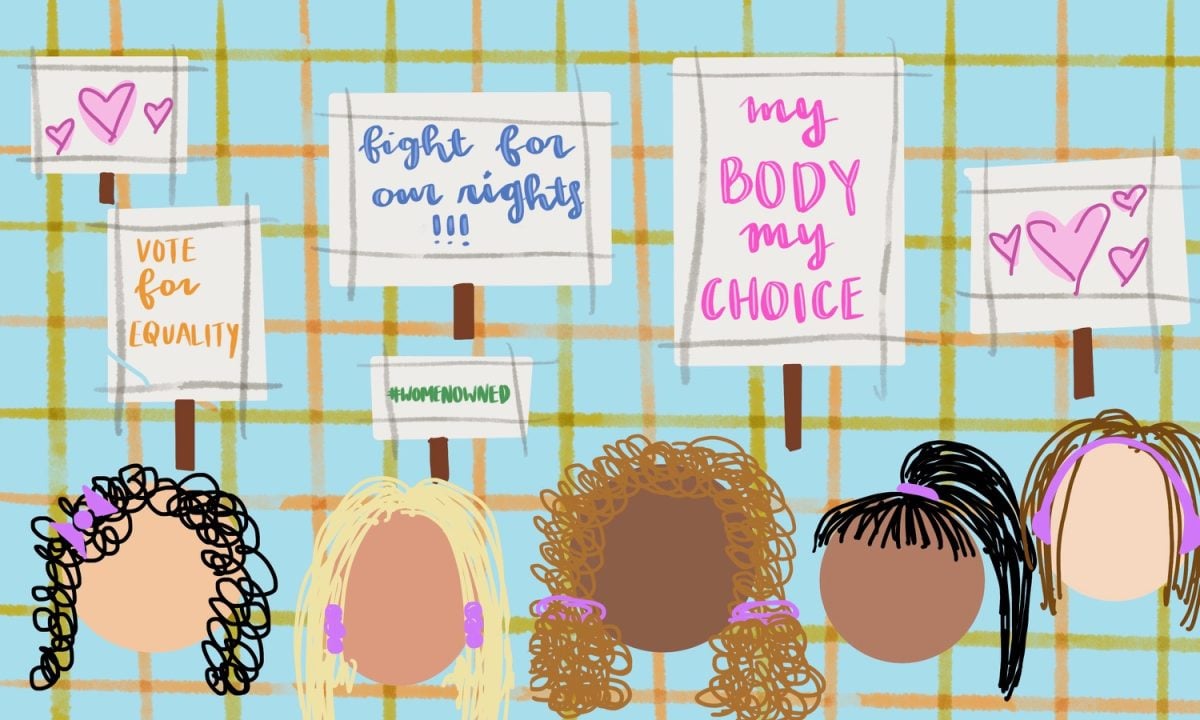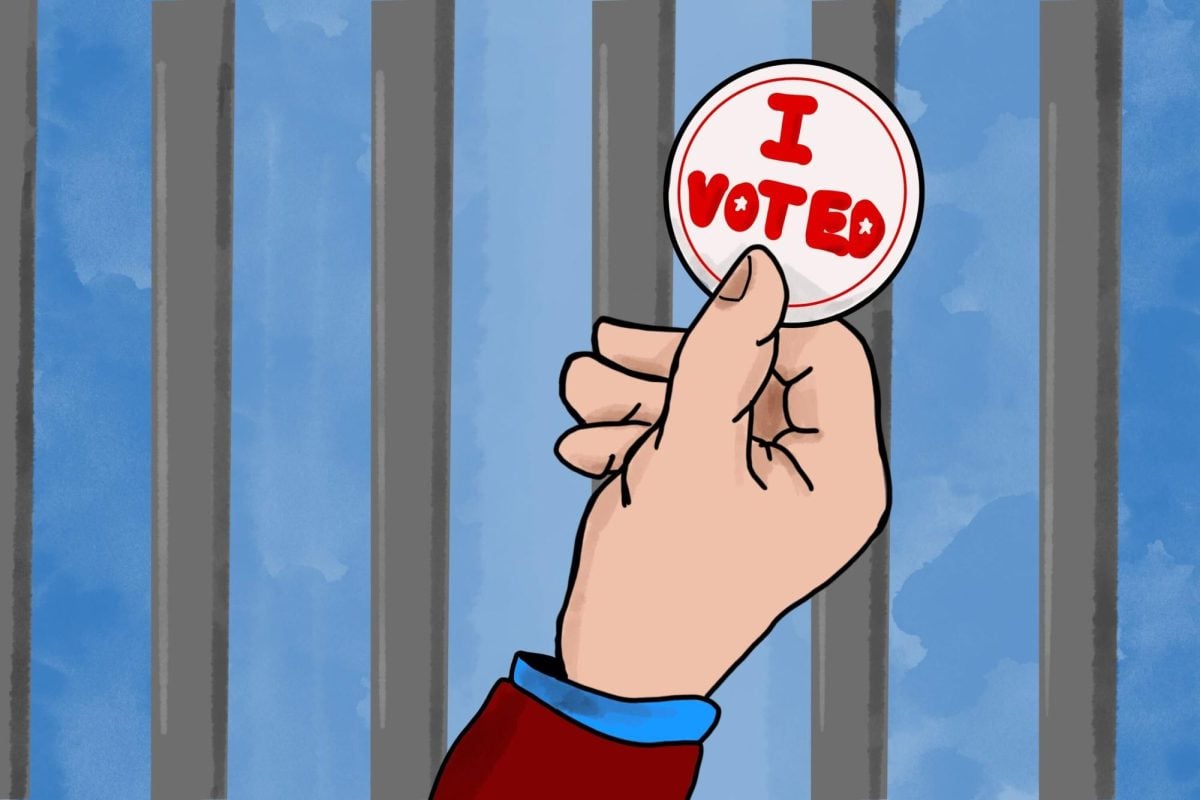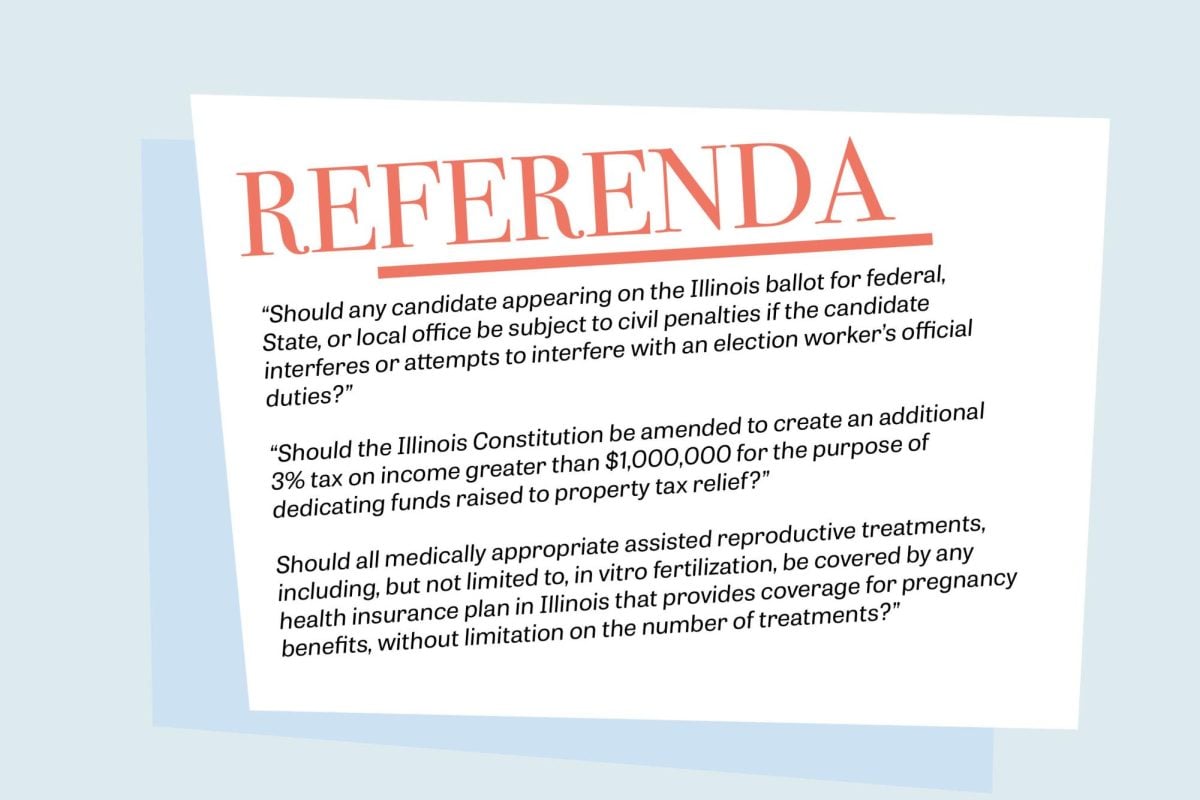The U.S. Supreme Court announced Tuesday it will hear a landmark case regarding affirmative action in college admissions, which Northwestern spokesman Al Cubbage said “will be watched very closely.”
“This is a very important issue in higher education,” Cubbage said.
The Supreme Court agreed to hear an appeals case from Abigail Fisher, who filed the suit over her 2008 rejection from the University of Texas at Austin on the basis that the university’s consideration of race in admissions decisions violated her civil and constitutional rights. She alleged the University rejected her based on her race and accepted minority students with lower grades and test scores.
Medill freshman Tony Kim said he understands the reasoning behind affirmative action programs but sees inherent flaws.
“On average Asian-American students applying to U.S. schools have higher standardized test scores and are on average socioeconomically better off than other minority groups,” said Kim, who is of Asian descent. “While there are pros and cons to affirmative action, a con is that it may be more competitive for Asian-American student admission.”
The court will decide whether to further restrict affirmative action programs based on its 2003 decisions in the Gratz v. Bollinger and Grutter v. Bollinger cases.
In Gratz, the court struck down the University of Michigan’s undergraduate admissions system of giving applicants points for factors including race. In Grutter, however, the court upheld the law school’s less quantitative way of using race to promote academic diversity.
In 2009, Keith Todd, NU’s director of undergraduate admission at the time these cases took place, told The Daily that Supreme Court decisions can have an impact on NU, but the University will do everything possible to retain diversity.
“No one at Northwestern is ever admitted because they are white, because they are black, because they are Asian, because they are an athlete,” Todd said at the time.
Some observers believe the Supreme Court’s makeup has become more conservative since 2003, and it is possible a majority of justices may vote to overturn Grutter vs. Bollinger and declare affirmative action admissions procedures unconstitutional.
NU sociology and law Prof. Robert Nelson, director of the American Bar Foundation, said although universities use race as a means of enhancing diversity, there has been a trend that courts respond more conservatively to how race can be used “benignly.”
“The use of race in courts requires compelling state interest and should be narrowly tailored to the issue involved,” Nelson said.
Although the court’s decision technically affects only public, state-funded universities, Nelson said the court’s decision could “absolutely affect private universities.” According to the conservative magazine National Review, many private universities still receive state funding and thus are bound to the Supreme Court decision.
A ruling in Fisher’s favor could reduce racial diversity in universities, Nelson said. He also suggested this decision might reduce diversity beyond race, in forms such as economic or class status.
NU sociology Prof. Anthony Chen said a question to consider is whether universities can achieve the same level of racial diversity without race-based affirmative action.
“Research is not clear that there are any race-neutral policy alternatives that would enable universities to have the same diversity,” Chen said.
Still, Vernon Smith, a Weinberg sophomore and historian of NU black student alliance For Members Only, said he favors affirmative action because it gives low-income students a competitive advantage. But he said universities’ responsibility does not stop with admission.
“Universities have to make sure they are well-equipped, that once the low income students get to the school, that they can succeed,” Smith said.






